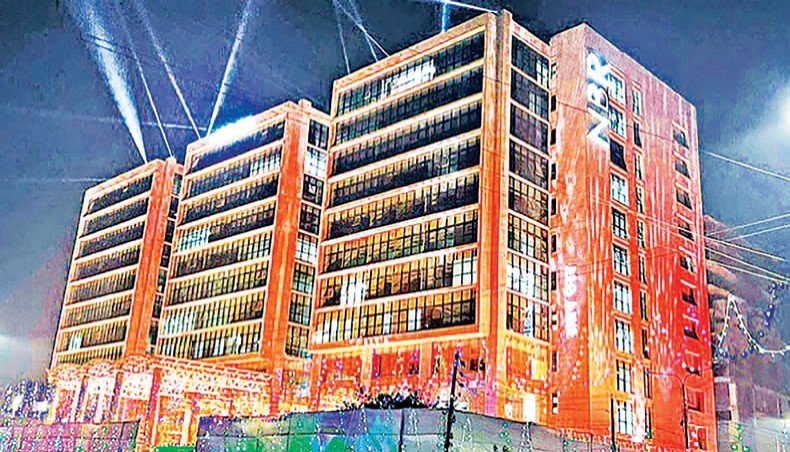Rakib Hasan, Dhaka: Bangladesh’s direct tax expenditure is higher than other South Asian countries’ average direct tax expenditure and it is also higher than that of other lower income countries of the world, said a report titled Tax Expenditure in the Direct Tax of Bangladesh.
According to the report, tax expenditure refers to several incentive or preferential measures in tax law such as exemption, deduction, rebates, deferrals, special tax rates, credits and other.
Overall direct tax expenditure of Bangladesh is 3.56 per cent of national gross domestic production, which is 1.06 per cent higher than any other lower income countries’ maximum tax expenditure limit, it said.
South Asian, Sub-Saharan African, East Asian and Pacific countries’ maximum tax expenditure limit is between 2.1 to 2.7 per cent of their national GDP, said the report published by the National Board of Revenue on Wednesday.
In the context of Bangladesh, the incentives are designed to promote specific economic activities, support certain groups or encourage behaviours that are aligned with public policy goals, it said.
Due to absence of digitisation of tax data system, sample data was collected from income tax return data for the income year of 2020-21 from 30 tax zone offices of the country.
According to the report, estimated direct tax expenditure was Tk 1,25,813 crore in FY21 of which 68 per cent belonged to corporate income taxpayers while the rest of the 32 per cent belonged to personal income taxpayers.
In FY21, the total amount of corporate income tax expenditure was Tk 85,314.82 crore of which microcredit sector enjoyed 12 per cent, remittance 9 per cent, power and energy sector 7 per cent, economic zones and high-tech industries 4 per cent, garments-textile-accessories sector 3 per cent, poultry and fisheries sector 2 per cent, IT or software and share capital gain both one per cent while remaining 61 per cent was enjoyed by other sectors.
The total personal income tax expenditure was Tk 40,499 crore of which individual taxpayers got exemption facilities estimated at Tk 40,388 crore whereas the amount is Tk 110 crore for firms, it said.
The sample of the report consists of 21,664 individuals, 381 firms and 1,930 companies’ available income tax return data.
Corporate income tax share is 60 per cent of the total income tax collection while income tax contribution is 33 per cent of the total revenue of the NBR, it said.
To improve effectiveness, efficiency, fairness and transparency of the tax system, this report also puts forth a few recommendations for further consideration, such as eliminate or sunset ineffective expenditures, limit or cap expenditure, refine eligibility criteria, review and adjust tax credit rates, enhance reporting and transparency, conduct periodic evaluations and others.
In the context of Bangladesh, tax relief is mainly designed to fulfil socio-economic objectives like social welfare, protecting local small industry, improving industrial production capacity and export, motivating investment and remittance income, enhancing power and energy supply capacity and other, it said.
The study was prepared to identify expenditures that are necessary for sectoral support and the ones that are no longer beneficial for the economy, it said.

